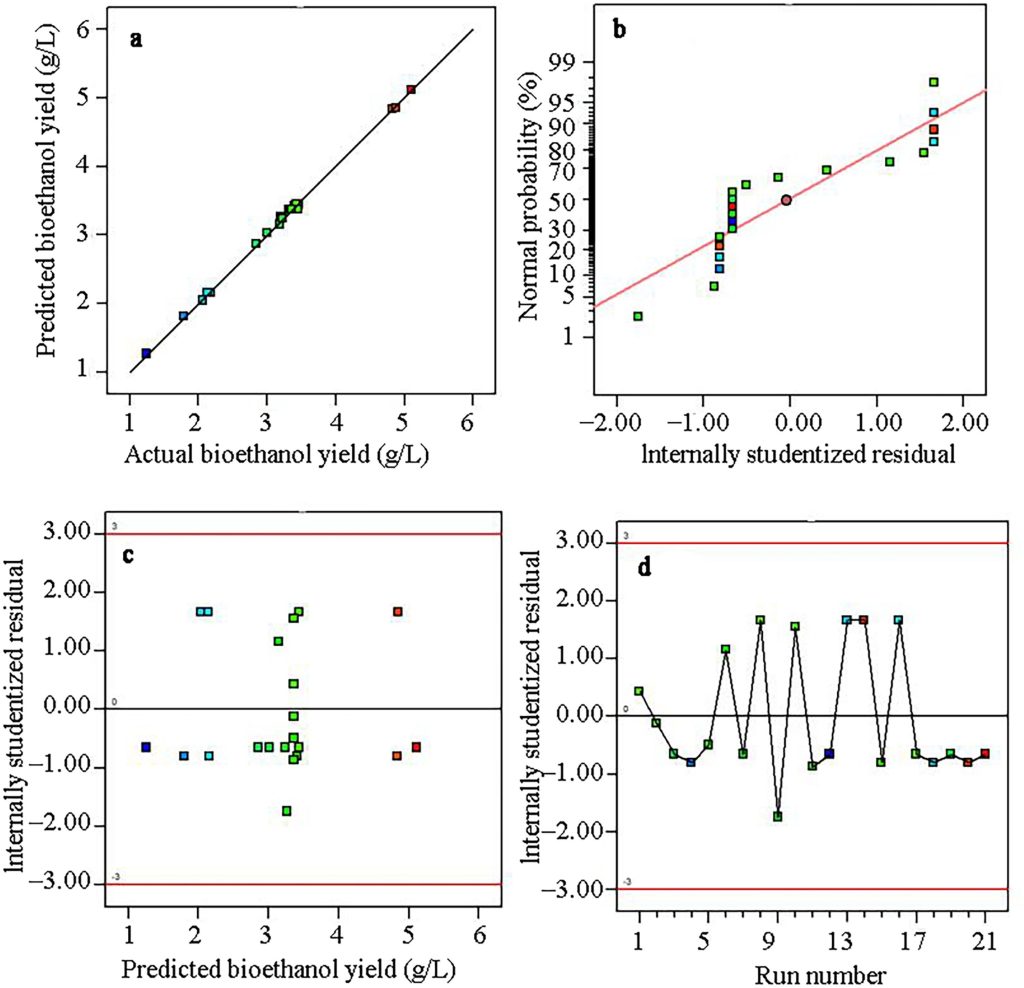A recent study published in the Journal of Bioresources and Bioproducts presents a significant advancement in the bioprocessing of Artocarpus altilis (breadfruit) into bioethanol, offering a sustainable and efficient alternative to traditional fuel sources. Credit: Eriola Betiku: Department of Biological Sciences, Florida Agricultural and Mechanical University, Tallahassee, 32307, U.S.
In a bid to address the growing demand for renewable energy, a team of scientists has turned to an unlikely source—the humble breadfruit. A recent study published in the Journal of Bioresources and Bioproducts has shed light on the bioprocessing of Artocarpus altilis fruit into bioethanol, a sustainable fuel alternative. The research focused on optimizing fermentation conditions to enhance the conversion of breadfruit starch into bioethanol using Saccharomyces cerevisiae, a type of yeast.
The study’s background highlights the challenges of commercial bioethanol production, including the need for rich, inexpensive, and readily available starch sources. The researchers aimed to identify and utilize underutilized starch sources, setting their sights on breadfruit, which is not only abundant but also underused in many regions.
The methodology involved the extraction of breadfruit starch and its subsequent hydrolysis using microwave-assisted acid hydrolysis. The hydrolysate, rich in fermentable sugars, served as a substrate for the yeast fermentation process. The fermentation conditions, including time, substrate concentration, pH, and inoculum size, were meticulously optimized to maximize bioethanol production.
Results from the study indicated that under the optimized conditions of a starch concentration of 122 g/L, microwave output of 720 W, and an incubation time of 6 minutes, a breadfruit starch hydrolysate (BSH) concentration of 108.9 g/L was achieved. The fermentation of BSH reached a maximum bioethanol production of 4.99% (v/v) under a BSH concentration of 80 g/L, a medium pH of 4.7, an inoculum size of 2% (v/v), and a fermentation time of 20.41 hours.
The study concluded that breadfruit starch could be effectively hydrolyzed using acid hydrolysis and microwave irradiation in a relatively short time, making it a viable candidate for bioethanol production. The research not only offers a sustainable solution to the energy sector but also presents an opportunity for the utilization of underutilized agricultural resources.
The innovative aspect of this study lies in its approach to optimizing the fermentation process, which is crucial for the economic feasibility of bioethanol production. The use of response surface methodology (RSM) to evaluate the interactive effects of fermentation parameters provides a comprehensive understanding of the process, leading to the identification of optimal conditions for maximum bioethanol yield.
The research’s significance extends beyond the scientific community, offering implications for policy makers, agriculturists, and the renewable energy industry. By presenting a viable alternative to traditional fuel sources, this study contributes to the global effort towards sustainable energy production and environmental conservation.
More information: Eriola Betiku et al, Bioprocessing of underutilized Artocarpus altilis fruit to bioethanol by Saccharomyces cerevisiae: A fermentation condition improvement study, Journal of Bioresources and Bioproducts (2023). DOI: 10.1016/j.jobab.2023.03.002
Provided by Journal of Bioresources and Bioproducts
Citation: Harnessing breadfruit starch for bioethanol production (2024, May 10) retrieved 16 July 2024 from https://phys.org/news/2024-05-harnessing-breadfruit-starch-bioethanol-production.html
This document is subject to copyright. Apart from any fair dealing for the purpose of private study or research, no part may be reproduced without the written permission. The content is provided for information purposes only.

